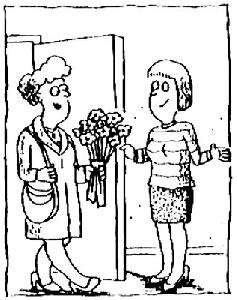This Polish-Podlachian phrasebook is primarily a collection of prescriptive phrases of the Podlachian language for Podlachian peole who in public communication either use solely a foreign language or employ a great deal of barbarisms because of an insufficient knowledge of their mother tongue.
The phrasebook may also serve to all the interested parties — both Podlachian and foreign — as a handbook of the standardized version of the Podlachian language that we propagate via our website.
The phrasebook includes all typical conversational situations found in a phrasebook of a similar size for any other language and a lot of nontypical ones. The stress has been made to present the Podlachian language in its lexical and stylistic diversity.
Work in progress.
* * *
In the search field, you can use * character (asterisk) for a wildcard, for example: ala* (search for words that start with ala...), *tka (search for words that end with ...tka), etc.
Total entries in the dictionary: 1 360














